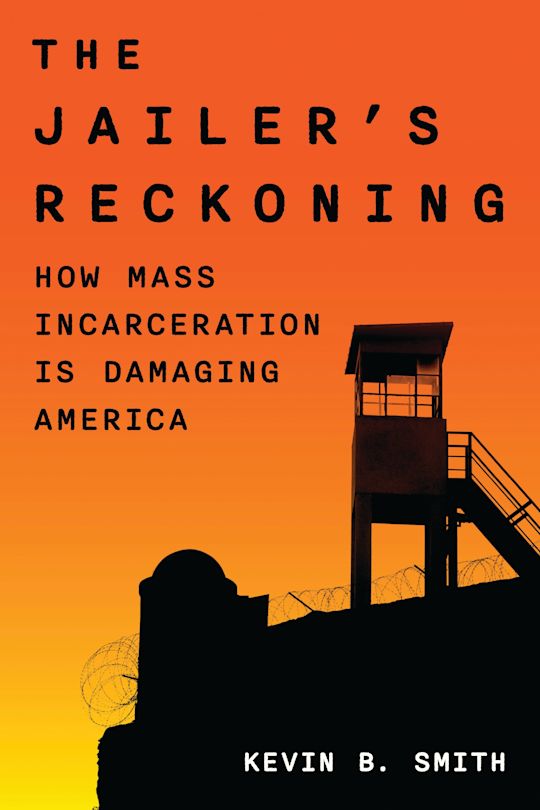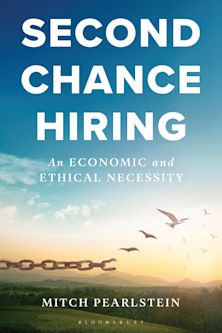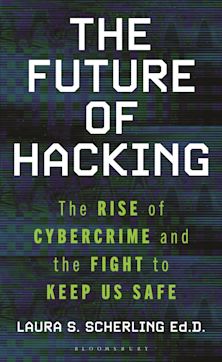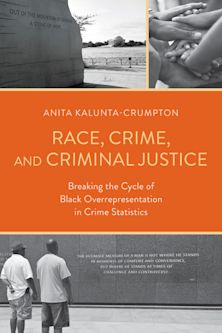- Home
- ACADEMIC
- Criminology
- Criminology - Other
- The Jailer's Reckoning
You must sign in to add this item to your wishlist. Please sign in or create an account
Description
How does a Black man in Austin get sent to prison on a 70-year sentence for stealing a tuna sandwich, likely costing Texas taxpayers roughly a million dollars? In America, your liberty—or even your life—may be forfeit not simply because of what you do, but where you do it. If the same man had run off with a lobster roll from a lunch counter in Maine it’s unlikely that he’d be spending the rest of his life behind bars.
The U.S. incarcerates more people than any other industrial democracy in the world. We have more ex-prisoners than the entire population of Ireland, and more people with a felony record than the populations of Denmark, Norway, New Zealand and Liberia combined. Why did the United States become the world’s biggest jailer? And, just as importantly, what has it done to us? What are the costs—socially, economically, and politically—of having the world’s largest population of ex-prisoners? And what can we do about it?
In this landmark book, Kevin B. Smith explains that the United States became the world’s biggest jailer because politicians wanted to do something about a very real problem with violent crime. That effort was accelerated by a variety of partisan and socio-demographic trends that started to significantly reshape the political environment in the 1980s and 1990s. The force of those trends varied from state to state, but ultimately led to not just historically unprecedented levels of incarceration, but equally unprecedented numbers of ex-prisoners. Serving time behind bars is now a normalized social experience—it affects a majority of Americans directly or indirectly. There is a clear price, the jailer’s reckoning, to be paid for this. As Smith shows, it is a society with declining levels of civic cohesion, reduced economic prospects, and less political engagement. Mass incarceration turns out to be something of a hidden bomb, a social explosion that inflicts enormous civic collateral damage on the entire country, and we must all do something about it.
Table of Contents
Chapter Two: Dungeons and Dickens
Chapter Three: Foucault All That [this chapter title will change]
Chapter Four: What’s In The Box?
Chapter Five: Throwing the Bomb
Chapter Six: Cheap Labor is Damn Expensive
Chapter Seven: Locking Out the Vote
Chapter Eight: The Jailer’s Reckoning
Product details
| Published | Nov 05 2024 |
|---|---|
| Format | Ebook (PDF) |
| Edition | 1st |
| Extent | 1 |
| ISBN | 9798881864804 |
| Imprint | Rowman & Littlefield Publishers |
| Illustrations | 13 BW Illustrations, 2 Tables |
| Publisher | Bloomsbury Publishing |
About the contributors
Reviews
-
[The] Jailer's Reckoning is an extremely well-written book that takes a different look at a pressing issue.
Choice
-
Kevin B. Smith's A Jailer's Reckoning should be inserted into the canon of carceral studies immediately! It is a deeply scholarly yet compellingly readable analysis of the 'world's greatest jailer' written with journalistic, sociological, statistical, and persuasive rigor. Using theorists and thinkers ranging from Charles Dickens and Emile Durkheim to Marie Gottschalk and Patrick Sharkey, Smith makes a compelling case that 'mass incarceration is feeding social dislocation and disassociation on a huge scale, and it’s costing individual states billions in lost economic output...the stakes—for all of us—are huge.' This is necessary reading for anyone interested in the history, disparities, socioeconomic cost, and human effects of American prisons.
Dr. Ravi Shankar, Pushcart-prize winning author of Correctional
-
Kevin Smith deftly navigates numerous explanations for incarceration, avoiding heavy jargon to appeal to a broad audience. He employs robust empirical methods and evidence to make complex concepts accessible and engaging. It is rare to find such academic rigor fused with engaging and even entertaining prose. It is a must-read.
Daniel Hawes, Kent State University
-
How the hell did we get here? Americans under 50 could be forgiven for accepting mass incarceration as an inescapable fact of American life, seeing as it is all they have ever known, but they could not be more wrong. With the flair of a storyteller and the brain of social scientist, Kevin B. Smith exposes the rise of mass incarceration as an unprecedented and surely unsustainable historical aberration. Only by understanding this history can we reimagine a different future.
Shadd Maruna, Chair of Sociology, Social Policy and Criminology, University of Liverpool; author of Making Good: How Ex-Convicts Reform and Rebuild Their Lives
-
[If] you’re interested in the causes of mass incarceration, what mass incarceration is costing the US, and at least a few potential suggestions on what might be looked into for potential solutions… this is actually a remarkable text, one that should supplant Alexander’s [The New Jim Crow] as among the most cited in the field. Very much recommended.
BookAnon




































